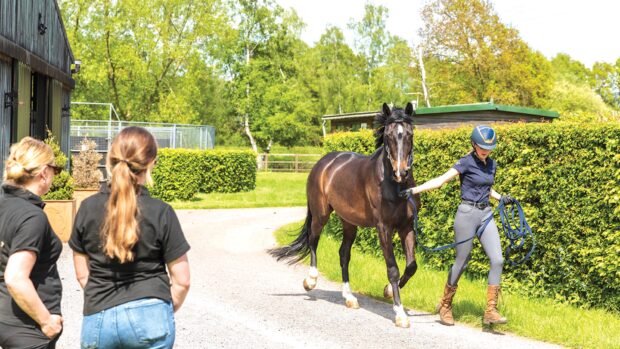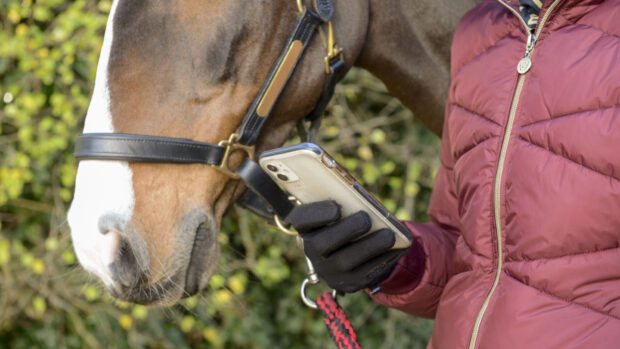View horses for sale
More legal advice on buying horses
Q: I recently purchased a horse, advertised privately online as a 12-year-old bombproof riding horse.
However, the day after purchase, my vet aged the horse as 19, and blood tests showed irregularities in his blood, liver problems and anaemia. When I rode him, he reared and I fell off.
The sellers were not registered as the owners of the horse on the passport, and claim they were selling him for someone else, although they signed the receipt. They are refusing to take him back.
Can I dispute their right to sell him? Would a signed warranty have helped my situation?
A: The practice of buying horses unseen and unvetted over the internet is unfortunately on the increase. We asked Rebecca Hewitt of Darbys Solicitors for legal advice.
“From the information given, it certainly appears that the horse was described incorrectly in the advert,” says Becky.
“You should request the name and contact details of the person they state was the seller and make some enquiries. If those details are not provided, you can safely treat the person you paid as the seller, for the purposes of a legal claim. If they were acting as an agent and selling on behalf of someone, then they can still be liable for breach of contract if they failed to notify you of this at the time.
“Assuming this was a private sale, you must rely on the Sale of Goods Act for Misdescription and the law of Misrepresentation. Check what the passport states about the horse’s age and whether this contradicts the information you were given. Ask your vet to provide a brief written report to confirm the horse’s problems – you can then use this, plus any other witness evidence, in support of your claim.
“You have to limit the ongoing costs associated with the horse or risk not being able to recover them. Set out the basis of your claim in writing to the seller – if they do
not respond, you have the option to issue court proceedings.
“In the future, consider a pre-purchase vetting. It is also sensible to ask for a written receipt and warranty from the seller. The warranty should ideally confirm all aspects about the horse’s description, behaviour [such as being vice-free], soundness and ability. The presence of a written warranty in the event of a dispute means that the terms of the contract are clearly recorded, though it will not necessarily prevent a dispute from arising.”
Breeder and competition yard owner Stacey Revell says she would be happy to give a warranty to a buyer, but says you cannot help what happens to a horse once it leaves your care.
“A friend sold her well-behaved, seven-year-old dressage mare to a novice lady on the understanding that she would bring the horse on with expert help and tuition. A week after purchase, the buyer called to say the mare was playing up and said my friend had lied about her good nature, threatening to sue her.
“However, it turned out that the buyer hadn’t been exercising or turning out the mare for a week – my friend was heartbroken. I therefore think that confirming all aspects of the sale in writing is a good thing, and can protect both seller and buyer.”
NB: This information is not intended to constitute a complete or definitive statement of the law on any subject and is not intended to constitute legal advice in any specific situation.
- Darbys Solicitors LLP (tel: 01865 811700) www.darbys.co.uk
This Q&A was first published in Horse & Hound
Looking for horses for sale near you?
Get legal advice on buying horses
Buying a new horse? Compare insurance prices at horseandhound.co.uk/insurance



